
Hair loss
Step into a new era of healing at Infinity Stem Cells, where cutting-edge science meets the body’s innate potential. Our advanced cell regeneration therapies, centered on mesenchymal stem cells (MSCs), harness the transformative power of cellular renewal to address a wide range of conditions, restoring vitality and igniting wellness from within.
|
|
|
|
|
|
|
What is Hair loss
Hair loss, also known as alopecia, is a common condition that can affect the scalp or entire body. It can be temporary or permanent and occurs due to genetics, hormonal changes, medical conditions, medications, or aging. While it affects both men and women, patterns and causes may differ.
The most common form is androgenetic alopecia—also known as male or female pattern baldness—which is largely hereditary.
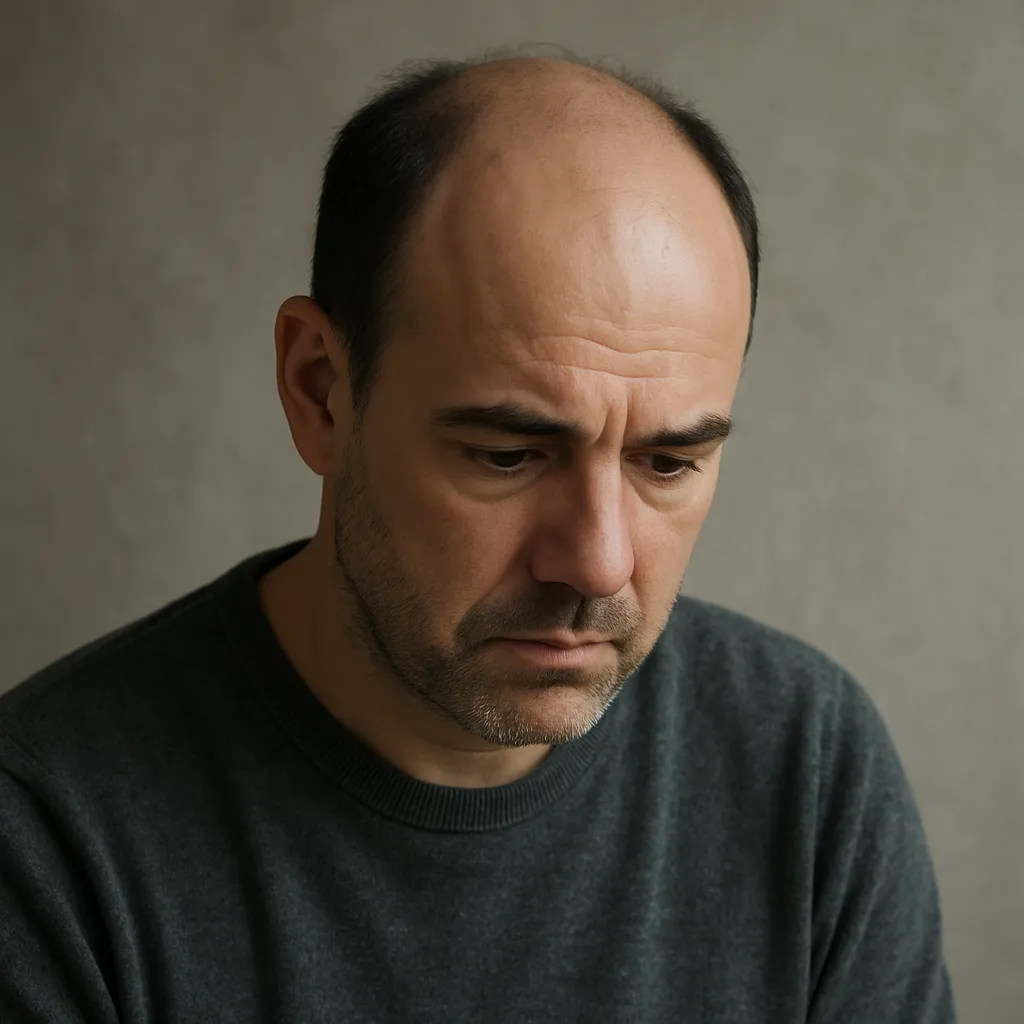
What Are the Symptoms?
Hair loss may appear gradually or suddenly, and can present in several ways:
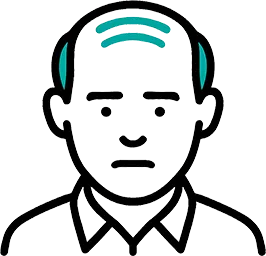
Thinning on the top of the head

Circular or patchy bald spots
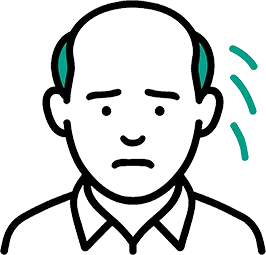
Sudden loosening of hair
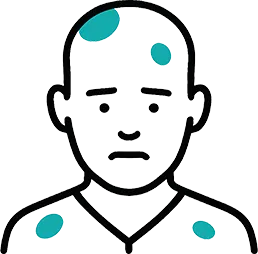
Full-body hair loss

Scalp irritation, itching, or scaling
Current Treatments
for Hair loss
There are various treatments to slow hair loss or promote regrowth, depending on the cause:
Topical Treatments: Minoxidil (Rogaine) is applied to the scalp to stimulate growth.
Oral Medications: Finasteride (Propecia) is commonly prescribed for men with pattern baldness.
Hair Transplant Surgery: Involves relocating hair follicles from one area to thinning or bald areas.
Laser Therapy: Low-level laser devices may help stimulate hair follicles.
Nutritional and Lifestyle Support: Improving diet, managing stress, and treating underlying health conditions can help.
What Are the Outcomes?
Hair loss treatments vary in effectiveness. Some people experience significant regrowth, while others may see slowed loss or minimal results. Early intervention improves the chances of success. For many, a combination of treatments and lifestyle changes offers the best outcome.
Stem Cell Therapy for Hair loss
Stem cell therapy is an exciting and emerging approach for treating hair loss. It involves using mesenchymal stem cells (MSCs) or follicular stem cells to regenerate and activate hair follicles.
Stimulates new hair growth
Improves hair thickness and density
May reduce future hair loss
Minimally invasive with little downtime
Though still under clinical research, early results are promising. Stem cell therapy is available in select clinics but is not yet considered a standard treatment. Patients should consult qualified providers and consider participating in approved clinical studies.
Science, Simplified: Our Therapy Process
It’s important to note that stem cell therapy for autism is still experimental, and not approved as a standard treatment. Families should consult healthcare professionals and thoroughly research clinical trial options.
Site
Target
Depth
Forehead & Eyes
Cheeks & Jawline
Under-Eye Area
Full Face
Wrinkles, crow’s feet
Volume loss, elasticity, hydration
Dark circles, fine lines
Texture, glow (via microneedling)
1–2 mm (superficial dermis)
2–4 mm (deep dermis)
1–1.5 mm (cautious use)
0.5–1.5 mm
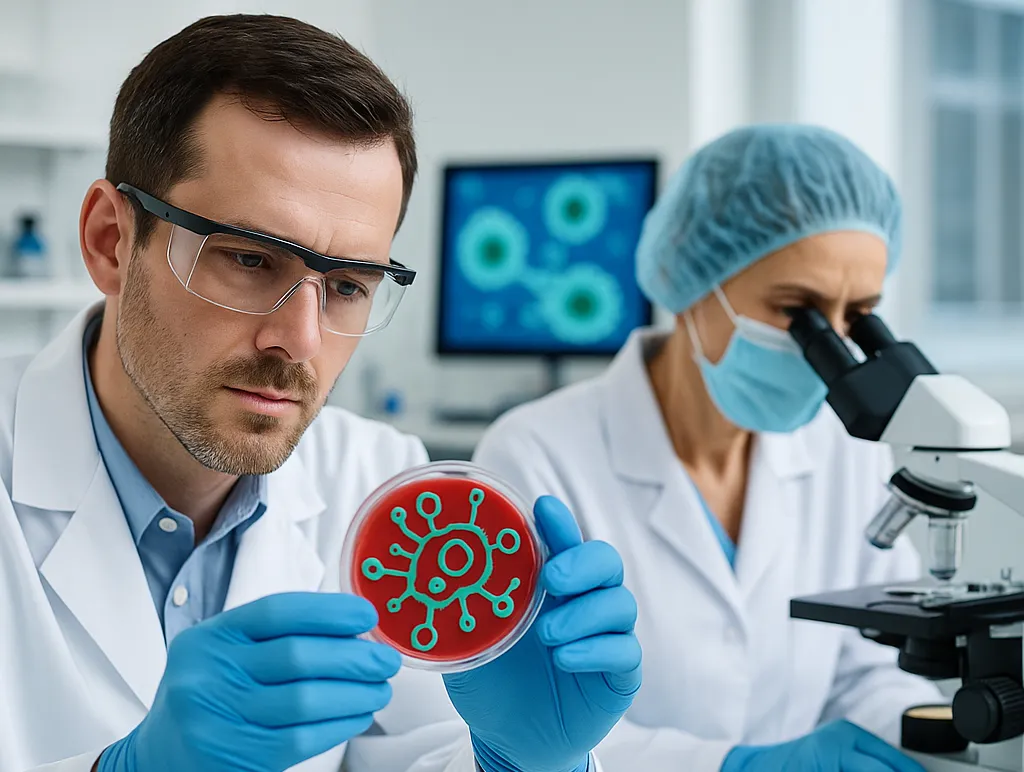
Why Consider
Stem Cell Therapy?
Non-surgical and outpatient
Focuses on long-term healing, not just symptom relief
Supported by early-stage clinical research
Ethically sourced, high-quality regenerative cells
Find Out If You're a Candidate >>
Talk to an Expert >>
Explore the Science Behind It >>
Frequently Asked Questions
Is this FDA-approved?
Stem cell therapies using ethically sourced regenerative cells are regulated under strict guidelines by the FDA. While certain applications have explicit FDA approval, others are administered under FDA guidelines as investigational therapies, complying fully with regulatory standards to ensure safety and quality.
What are the risks or side effects?
Stem cell therapy is generally safe with minimal risk. Common mild side effects can include temporary soreness, swelling, or minor bruising at the injection site. Rarely, more serious complications such as infections or allergic reactions can occur. Our medical team thoroughly evaluates each patient to minimize these risks.
How long until I feel results?
Patients often notice initial improvements within days to weeks, with more substantial benefits progressively occurring over the following months as the regenerative process continues. Individual experiences can vary depending on the condition's severity and personal health factors.
How many sessions are required?
Many patients experience significant improvements after a single session. However, depending on individual conditions and response to treatment, additional sessions may be recommended to maximize outcomes. Our specialists provide personalized recommendations during your consultation.
Is this covered by insurance?
Insurance coverage varies depending on the specific policy and condition being treated. While regenerative therapies are not universally covered, some plans offer partial or full coverage. Our administrative team will assist you in verifying insurance coverage and exploring financial options to support your treatment.
Connect with Us
Quick Links
Copyright© 2025 Scientific Infinity - All Rights Reserved.
